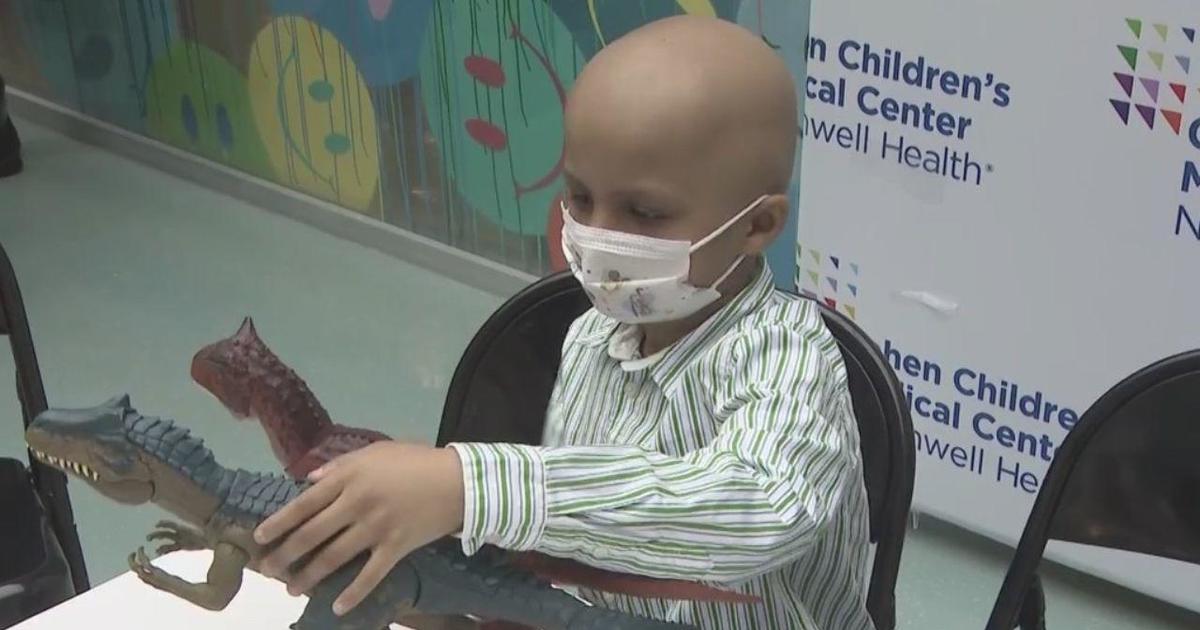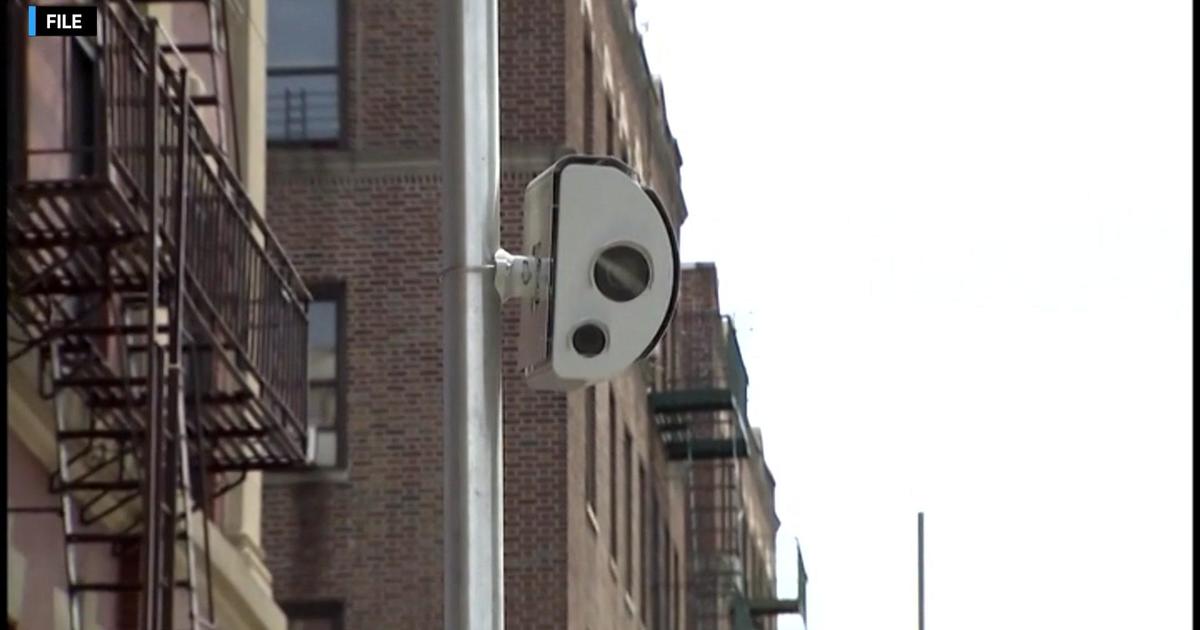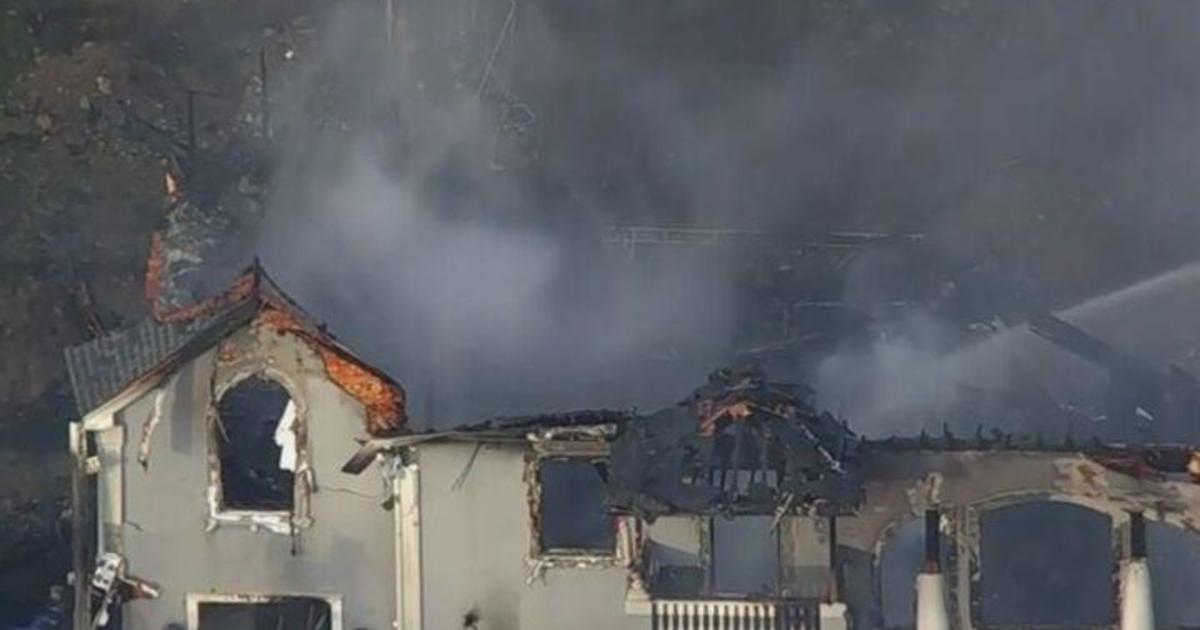Tri-State Area Gets Early Taste Of Winter
NEW YORK (CBSNewYork) -- The Tri-State area is getting an early taste of winter as bone-chilling temperatures settle on the area.
Wednesday forecast highs are normal for early January, not mid-November.
Temperatures across the region were mostly in the 20s, but the wind made it feel even colder Wednesday morning. Wind chills were as low as eight degrees, CBS 2's John Elliott reported.
There will be plenty of sunshine in the afternoon, but it'll continue to be cold and windy. Temperatures are expected to reach 38 degrees, but the wind will make it feel like its in the 20s.
Midday Weather Update:
Warmer air will be in place by week's end.
Temperatures are expected to reach 48 on Thursday and 54 on Friday, but for now people are doing everything they can to keep the cold at bay, CBS 2's Elise Finch reported.
"I can't feel my face or my hands," Ronald Desiro of Union, N.J. said.
"The cold, I hate it, I don't function well in it, I would much rather be in warm weather," David Ferrazzano of Wyckoff, N.J. said.
"It's too early, it's November, still it shouldn't be this cold," Brian Sullivan of Wyckoff, N.J. said.
"I have on a heavier coat and gloves for the first time," said Beth McInnis of Ridgewood, N.J.
Many agree that the things we learned as children may be most effective in helping us stay warm, Finch reported.
The National Weather Service suggests dressing in layers.
The one closest to the body should be able to wick moisture away from the skin, the next layer should be loose fitting and lightweight but warm and the outer garment should be tightly woven, water repellent and hooded.
You should also wear a hat because 40 percent of your body heat can be lost from your head, Finch reported.
Wearing mittens also keeps fingers warmer than gloves as long as they are snug at the wrist.
Other tips to keeping warm and safe include covering your mouth to protect your lungs from extremely cold air and staying out of the wind whenever possible.
Leaving your body exposed to extremely cold air for long periods of time can eventually lead to frostbite and hypothermia, Finch reported.
You May Also Be Interested In These Stories:



